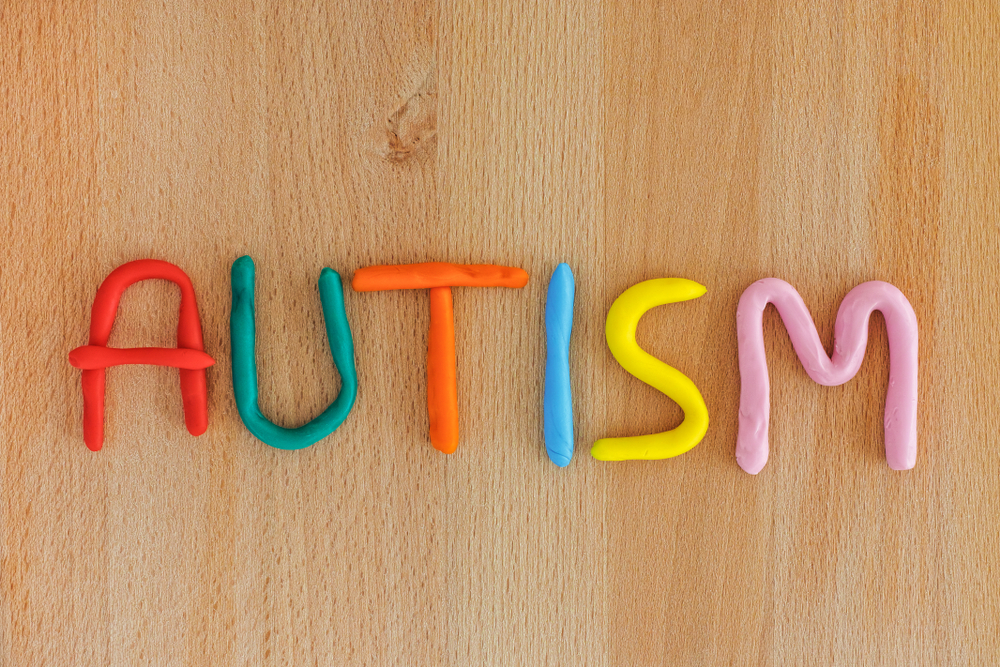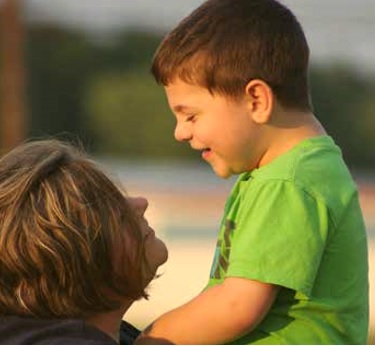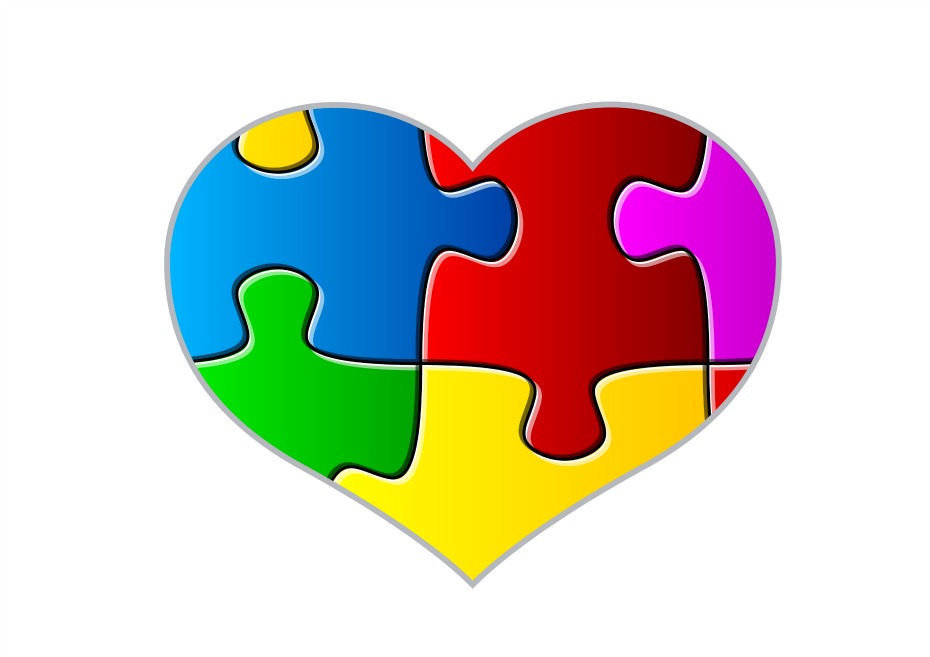Experts set the record straight on four of the most common myths about autism spectrum disorder.
About 1 in 88 children has an autism spectrum disorder today, but despite its prevalence, this condition is not well understood. “Historically, we’ve seen confusion over autism for decades,” says Parents advisor Fred Volkmar, M.D., director of the Child Study Center at Yale University School of Medicine. “It took the better part of a century for researchers to understand what autism is and is not, and a lot of those misconceptions still permeate our thinking today.” Here, we correct some of the most common myths and misconceptions about autism.
1: Autism is caused by vaccines.
TRUTH: There is no link between autism and vaccines. In 1998, a British doctor named Andrew Wakefield published a paper that linked the measles-mumps-rubella (MMR) vaccine to autism and thereby created a kind of mass hysteria — a hysteria that was further perpetuated by celebrity moms such as Jenny McCarthy, who publically blamed vaccines for her son’s autism. But we can’t overstate this: “There is no link,” says Michael Rosenthal, Ph.D., a pediatric neuropsychologist who specializes in autism at the Child Mind Institute in New York City. “Every good study we have showed that there was no science behind this claim.”
In fact, Dr. Wakefield’s paper has been officially retracted and he lost his job and his medical license. Still, the vaccines-can-cause-autism myth has proven surprisingly durable: “I think it hangs around because parents are scared and desperate,” Dr. Rosenthal explains, noting that “there is also a timing issue because we first see signs of autism around the same time these vaccines are administered. But it’s simply a coincidence.” In fact, new research has pinpointed lack of eye contact as a warning sign of autism in babies as young as 2 months–before they’ve received most of their shots.
2: All people with autism have a “special gift,” like the character in Rain Man does.
TRUTH: Although Dustin Hoffman’s character in Rain Man was based on a real person, not every kid on the autism spectrum will be a card-counting genius. “That’s an extreme example,” Dr. Rosenthal notes. “Not every person on the spectrum will have a special talent like that.”
That said, new thinking about autism does emphasize the positive traits associated with autism, and a high intellect is often one of them. A Chicago-based nonprofit called Aspiritech hires high-functioning adults with autism to work as software testers for tech companies across North America because of their attention to detail, precision, affinity for repetitive tasks, and impressive technological skills. “For so long, we’ve only thought of autism in terms of its deficits, but the tide is changing,” Dr. Rosenthal says. “We’re realizing that these people see the world in a different way and those skills can be honed if we support them in other areas.” He encourages parents of children with autism not to feel limited by the diagnosis and to focus on their child’s passions and talents: “Many kids are great at math, science, and technology–but they can also be great artists, or musicians. We’re just beginning to understand their potential.”
3: Kids with autism don’t want friends.
TRUTH: The Big Bang Theory‘s Sheldon Cooper aside (the character is widely believed to be on the spectrum), it’s simply not true that all people with autism are aloof and socially disconnected. “Sometimes parents will say, ‘But my child can’t be on the spectrum–he’s so interested in other kids,'” Dr. Rosenthal says. “But the problem is not usually a lack of motivation, it’s a lack of the correct social tools.” In Dr. Rosenthal’s experience, many children with autism want to make friends desperately, but they don’t have the right skills. “They don’t know what to do when a kid says hi to them or wants to play a different game from the one they are interested in,” he explains. “They respond awkwardly.”
It’s not uncommon for children with autism to become more socially isolated as they get older, but, again, this may not be by choice. “Over time, these kids stop seeking out other kids because they’re failing to make those connections and it doesn’t feel good,” Dr. Rosenthal explains. “That’s why this is such an important myth for people to understand.”
4: Autism can be cured.
TRUTH: There is no cure–but there is hope. Fad diets, vitamins, and chelation (a process that is said to removes mercury from the body but can cause serious liver and kidney damage) have all been touted as possible cures for autism, but there is no good science to support any such claims. “A lot of parents use these treatments because they’re worried and desperate,” says Dr. Volkmar. “But we know that the placebo effect can be very pronounced in autism, so it’s very hard to sort out whether you’re really seeing an improvement or why.”
Although autism cannot be cured, when children receive intensive behavioral therapy they can develop the social and communication tools they lack. A new study of 34 children published in the Journal of Child Psychology and Psychiatry by researchers at the University of Connecticut suggests that some children can move off the spectrum and function normally in almost every area of life. “We are still trying to understand why these children responded so well to treatment,” says Dr. Rosenthal, one of the study’s co-authors. “We can’t look at any individual 2-year-old and predict whether he’ll move off the spectrum. But there is good reason to be cautiously optimistic about the progress they can make.”





